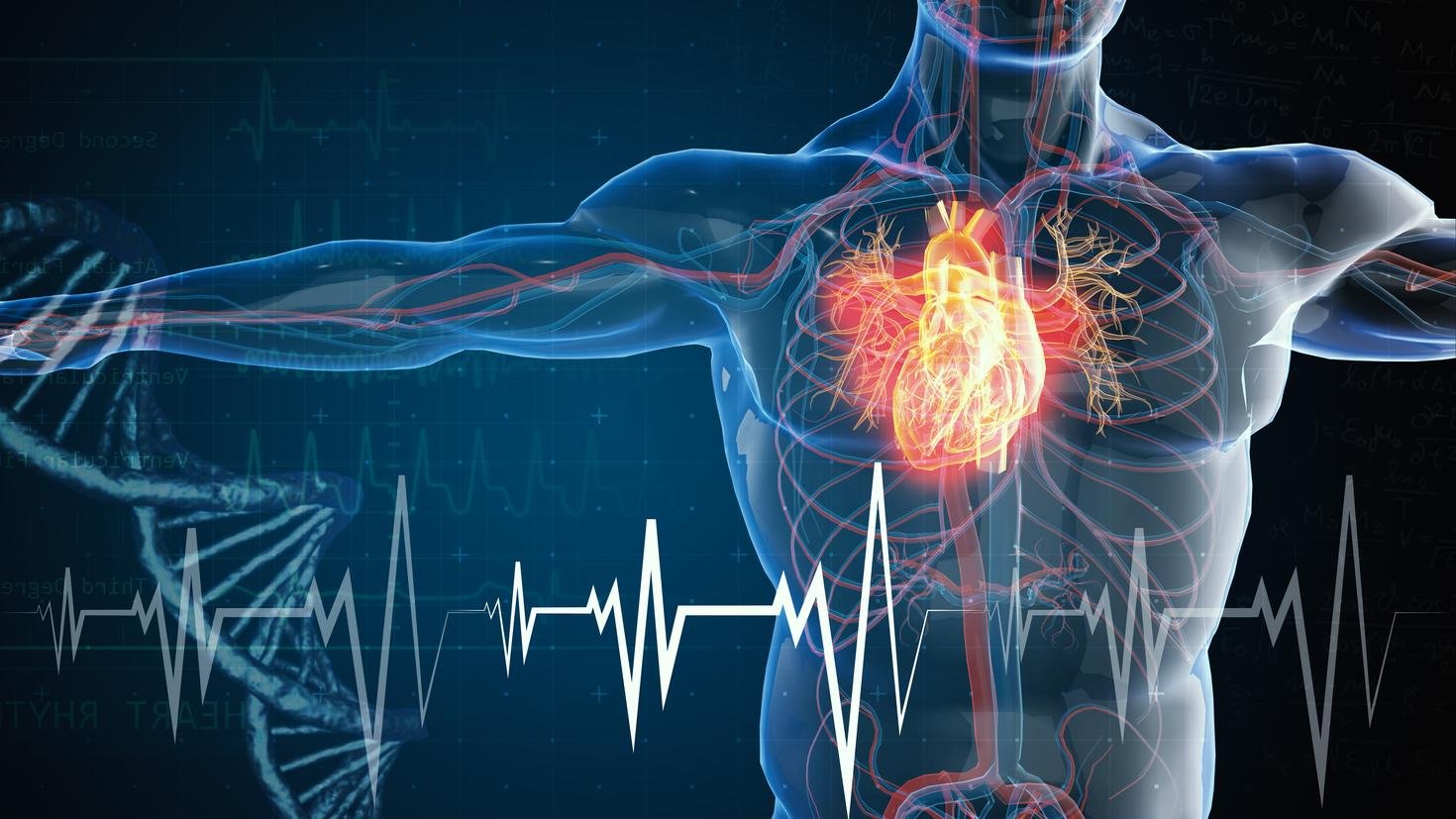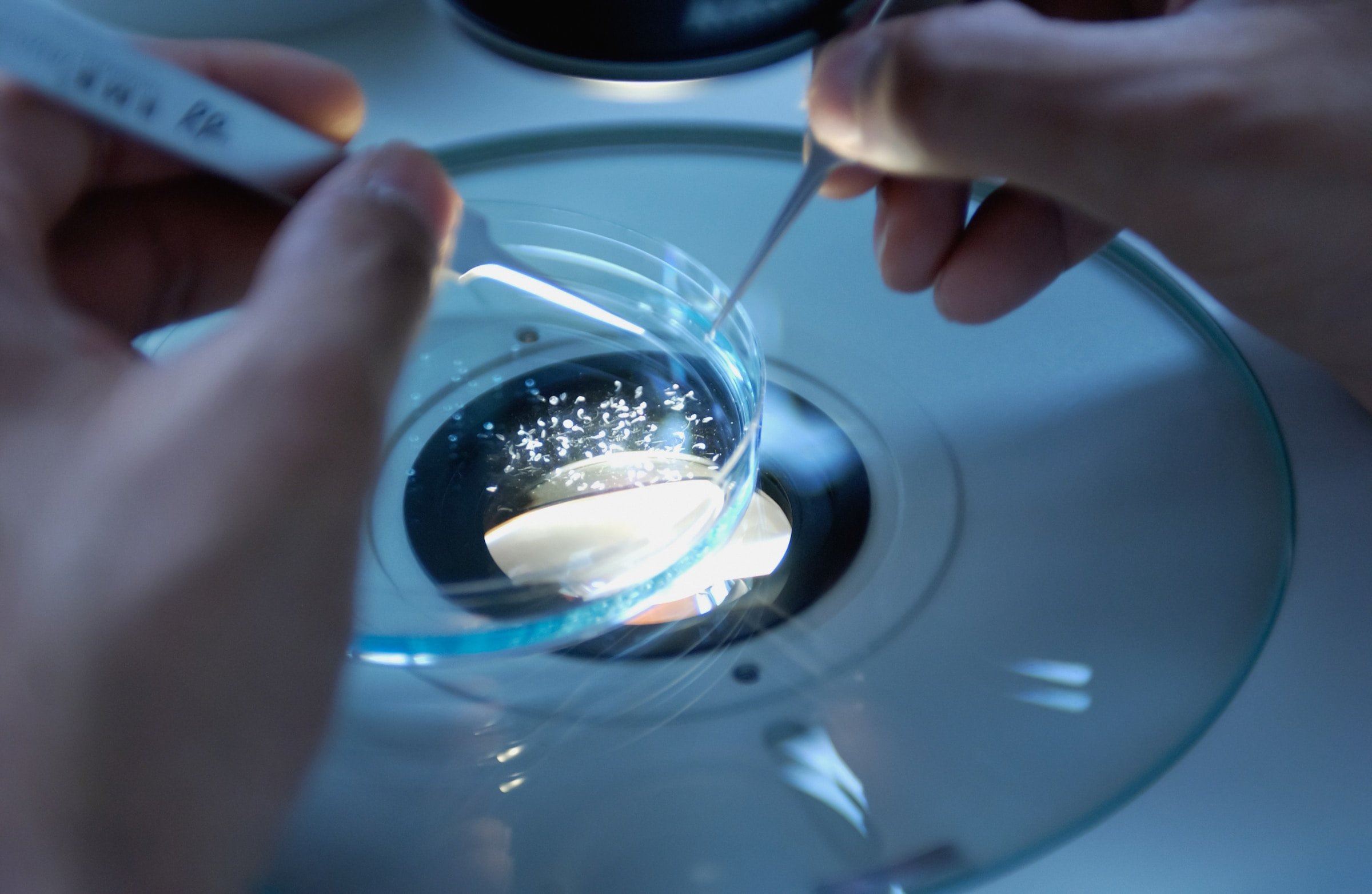
Inherited Neuromuscular Diseases & How Genetic Testing Helps
While not all neuromuscular diseases can be described as genetic disorders, many
are genetically determined. As such, genetic disorders are caused by gene variants, which are sometimes inherited from your parents. Each person has around 23,000 different genes, and genetic mutations within these genes are often the cause of genetic disease, even in the absence of a family history of the disorder.

Rare Diseases & the Role of a Clinical Geneticist
What is a rare disease? Officially speaking, a rare disease (RD) is one that affects fewer than five people out of every 10,000. When a rare disease is diagnosed, it can have a major impact on the individual and their extended family, and the majority of rare neurological diseases have an underlying genetic cause.

Worried About Your Family Medical History? How Genetic Testing Can Give You Answers
Genes play a huge role in who you are. They determine the essence of who you are, from your athletic ability to hair colour to your likelihood of inheriting certain diseases from your parents. Sadly, as well as inheriting your personal characteristics, gene 'changes’ can be passed down, increasing the risk of developing illnesses like cancer.

Why It's Important to Know Your Family History When There's a Genetic Link
Often, families share similar genetic backgrounds, lifestyles, and environments and offer clues as to health conditions that might run in a family. By understanding these patterns of disorders, genetic experts can determine the risk these health problems present to an individual, other family members and future generations.

Genetic Disorders - The Basics
At Genetics.ie, we offer a wide range of genetic testing services from our Blackrock clinic under the supervision of our founder, Dr Willie Reardon. To help you understand our services better, we're here to give you a brief overview of genetic disorders and why they occur.
Essentially, we all inherit our chromosomes from our parents, which typically comprise 23 pairs. Randomly, children get one of each pair of chromosomes from their father and another from their mother. An XX pair means a baby girl with an XY, a boy.